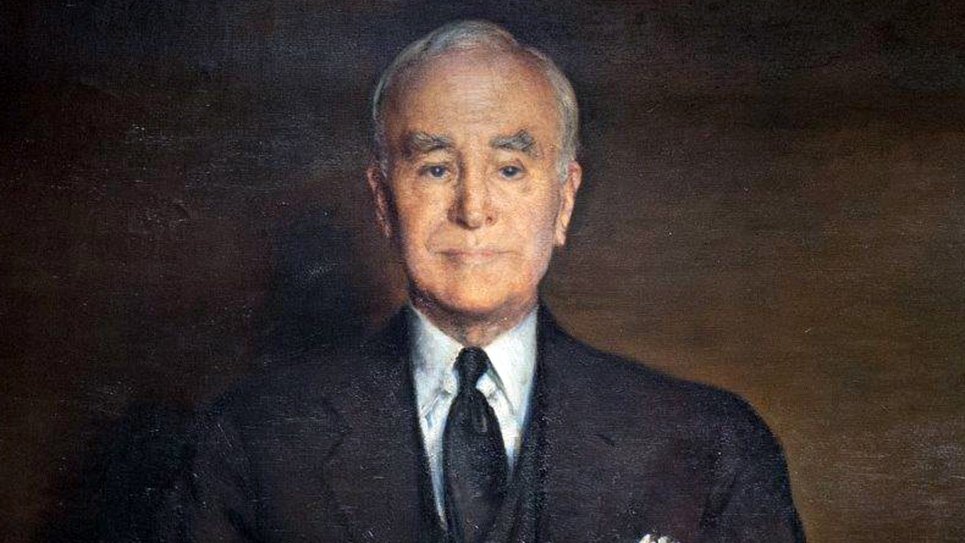The Fed is always trying to save us from itself
By Dr. Harold A. Black
blackh@knoxfocus.com
haroldblackphd.com
I wonder if there is an institution subject to more second-guessing than the Federal Reserve? Ninety percent of the time the Fed is not in the news. Its Open Market Committee mostly meets with scant interest from the media. However, when there is economic uncertainty or economic stress the Fed is in the news front and center. When the economy is experiencing slowing growth, the pundits wonder when will the Fed cut interest rates. When the Fed does act, the pundits opine that they waited too late, or acted too soon, or didn’t cut enough, or cut too much. When the economy is experiencing inflation, the Fed is urged to increase interest rates. Then the pundits can again criticize the Fed for acting too slowly, or too fast, or raising rates too little or too much.
Usually the Fed is responsible for the swings in economic activity that it then tries to fix. Central bankers are notorious for creating the ups and downs in the economy and then overcorrecting and causing more swings. This is what keeps them employed and feeling godlike. Unfortunately, most of them really don’t know what they are doing. Very few central bankers are trained in monetary policy. At the Fed, only one governor has that pedigree. The Fed governors tend to be bankers, lawyers or academics who are not monetary theorists. The current Fed chairman is a lawyer. As a result, the Fed governors rely on their staff – an impressive array of PhDs – to help guide policy suggestions. However, the staff is not dominated by monetary theorists. In fact, few of the staff at the board of governors or the staff at the reserve banks are monetarists. It would be surprising if there were a consistent Fed policy. Rather it always looks as if they are making things up as they go along.
As it stands now, the Fed has too much on its plate trying to decide monetary policy along with regulating the banking system. My suggestion would be to divide the Fed into two. One group would concentrate on monetary policy while the other would concern itself with bank regulation. The monetary policy side would be administered by people who are trained in monetary theory. There are two major schools of thought in this area (monetarists and Keynesians) and one fringe group (modern monetary theorists). I would have representation from all three plus a staff made up of all three views. The other part of the Fed would concern itself with bank regulation and be made up of lawyers, accountants and bankers.
Monetarists contend that the interest rate fixation by the Fed is misguided. Interest rates are not a unique indicator of the economy. The same interest rate can exist in virtually every economic circumstance: recovery, downturn, inflation or recession. The Fed then manipulates its Fed funds target rate while at times moving its purchases or sales of Treasury bills via open market operations in opposite directions. This is called discretionary monetary policy which central bankers consider their birthright. However, discretionary policy is destabilizing and generating economic uncertainty. Indeed, at times the Fed conducts contradictory monetary policy which is akin to driving with one foot firmly on the brake while the other foot is flooring the accelerator.
Monetarists favor a fixed rule emphasizing the role of monetary aggregates (M2 and the monetary base – currency plus bank reserves) rather than interest rates. Setting a fixed growth rate in the money supply and ignoring short-term fluctuations in the economy and interest rates lead to greater economic stability. Of course, the central bankers are no longer playing god in manipulating stuff in order to look important. The likelihood of the Fed doing that is virtually nil unless forced to by law. The likelihood of Congress forcing the Fed to do so by changing the law is less than nil. Rather it is hoped that one day a Fed chairman will be finally nominated and confirmed who is an expert in monetary theory. Perhaps only then will the Fed stop being such a destabilizing force in the economy.






